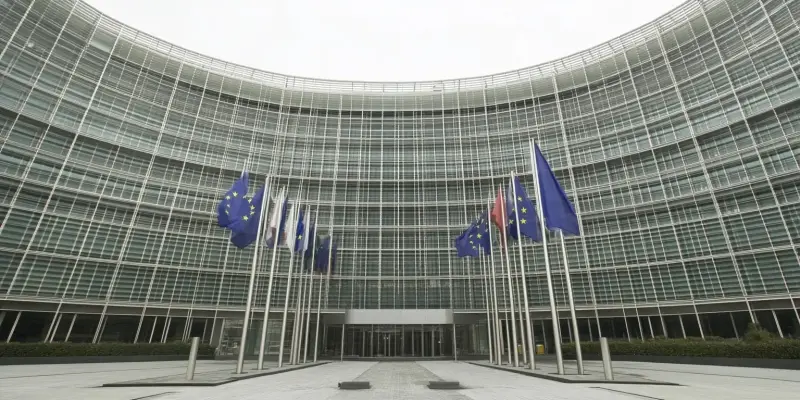In an era where data privacy and protection are top priorities for individuals and institutions, a recent ruling by the European General Court has raised significant concerns about the European Commission’s adherence to these stringent standards. The incident that sparked this judicial scrutiny occurred when a German citizen used the “Sign in with Facebook” option on the now-inactive futureu.europa[.]eu site in March 2022. This act led to the transfer of the individual’s personal data to Meta in the United States. What followed was a courtroom battle that culminated in the European Commission being fined for breaching EU data protection regulations, marking the first time the Commission has been held accountable for such a violation.
Violation of EU Data Protection Laws
The European General Court concluded that the transfer of personal data to Meta constituted a breach of EU data protection laws. The crux of the matter was that, at the time of the data transfer, there were no adequate safeguards or a Commission decision ensuring that U.S. data protection standards met the rigorous requirements set forth by the European Union. This lack of protection for the German citizen’s data underscored the existing loopholes and vulnerabilities in transatlantic data exchanges. The court’s ruling came as a stern reminder of the complex nature of data privacy in an increasingly interconnected world and the high standards that institutions must uphold to protect personal data.
Adding to the gravity of the situation, the court had to dismiss related allegations concerning data transfer to Amazon CloudFront servers. It was confirmed during the proceedings that the data was stored in Germany, thereby shifting the focus squarely back on the data transfer to the U.S. The German citizen, found to have suffered non-material damage due to the mishandling of their personal information, was subsequently awarded €400 in compensation. This case has illuminated the challenges and stringent requirements involved in handling transatlantic data transfers, especially following the invalidation of the Privacy Shield and the subsequent formulation of the EU-U.S. Data Privacy Framework in 2023.
Implications and Future Governance
The case highlights the growing scrutiny on data privacy practices and underscores the importance of robust data protection measures to prevent unauthorized data transfers and breaches, particularly across international borders. This ruling could prompt stricter enforcement of data protection regulations and greater accountability for institutions like the European Commission. The implications of this case may also influence future governance and regulatory approaches to data privacy, ensuring that individuals’ personal information is adequately safeguarded in an increasingly digital world.

